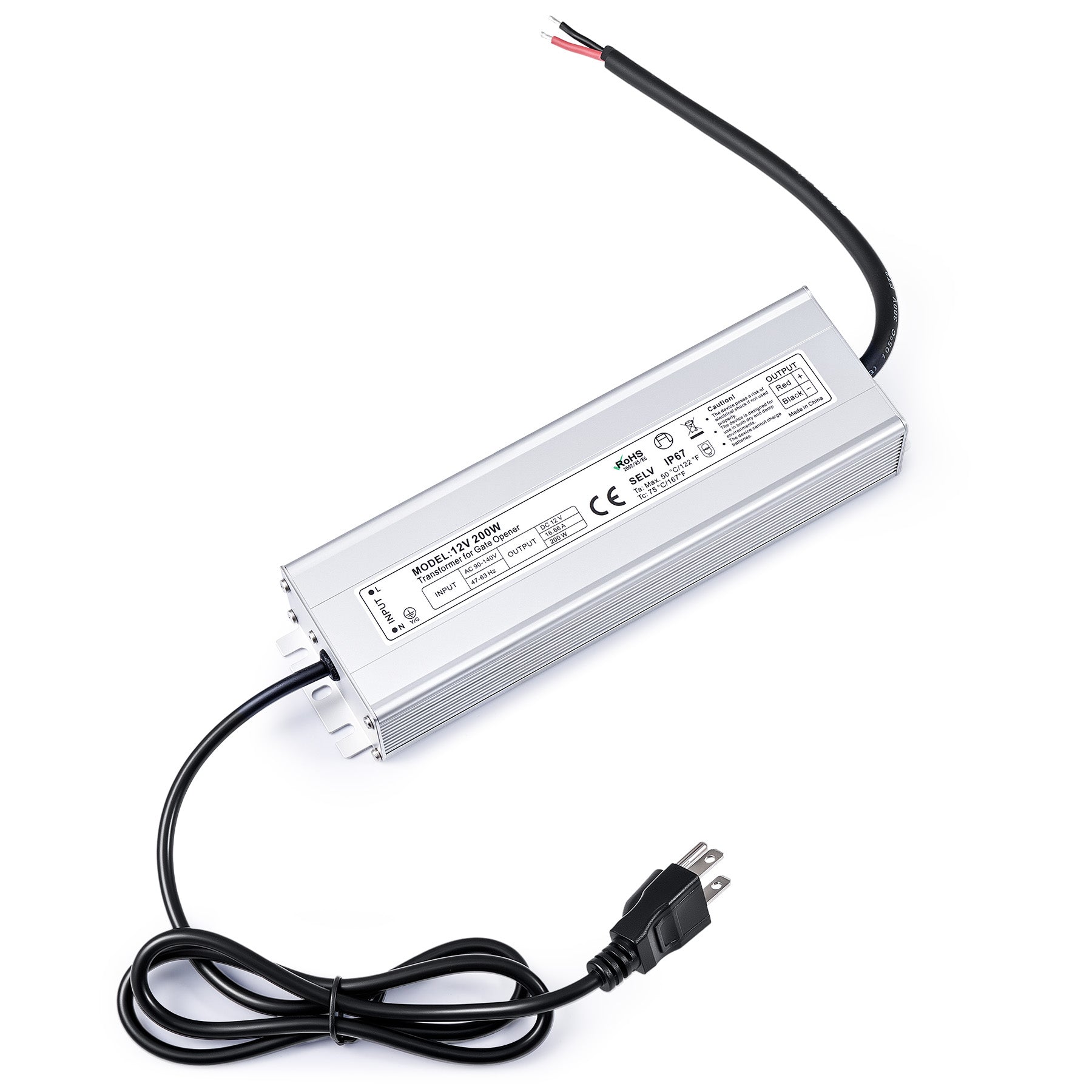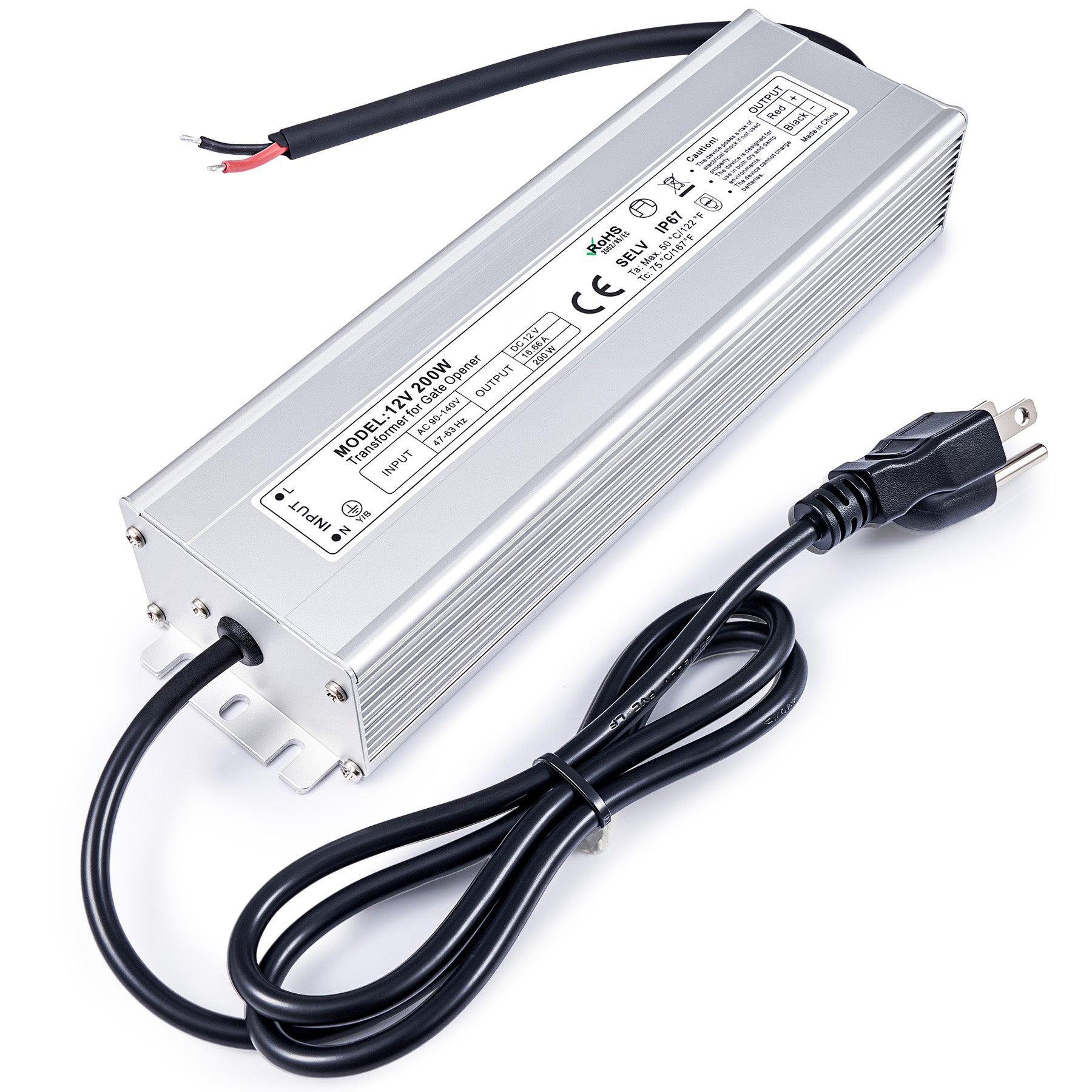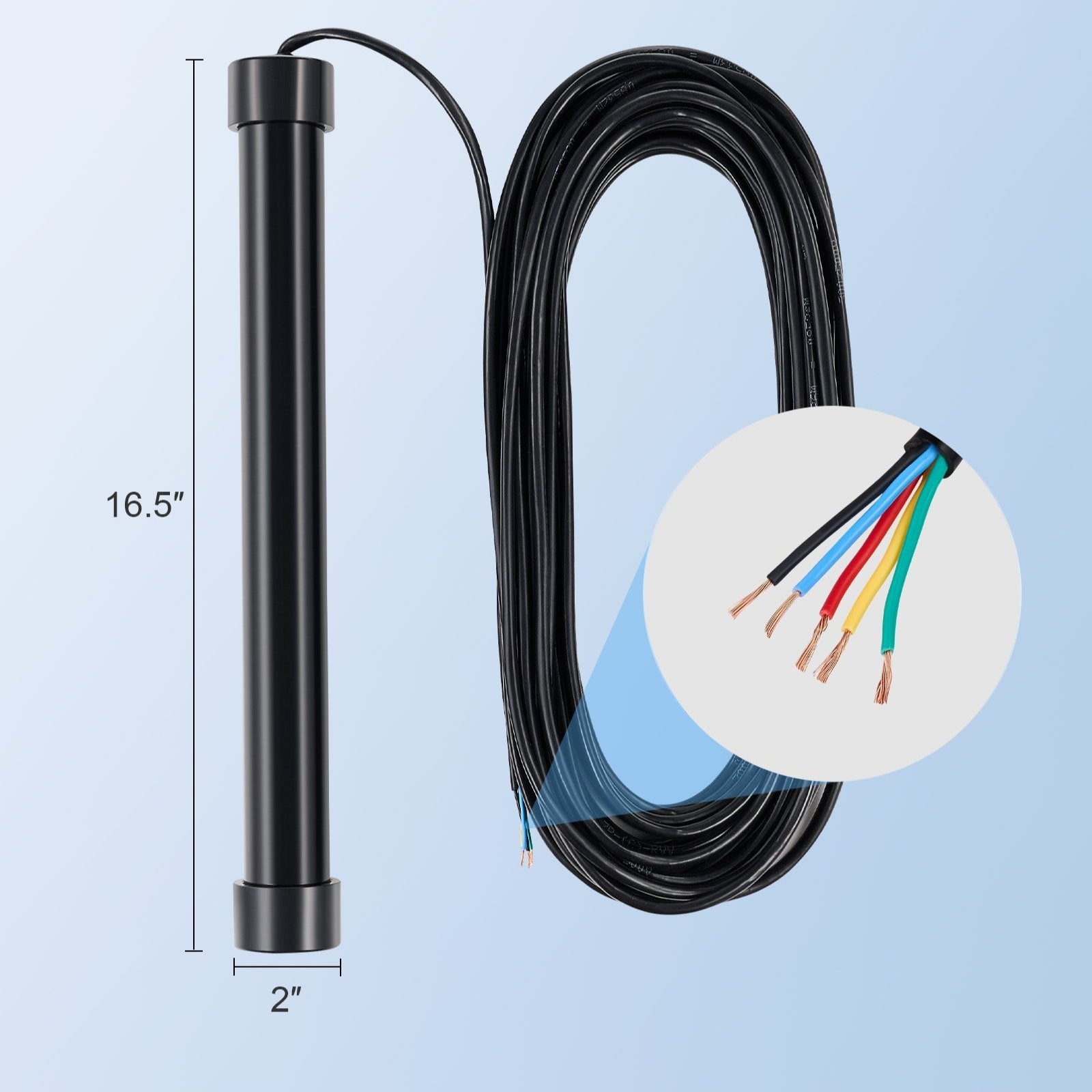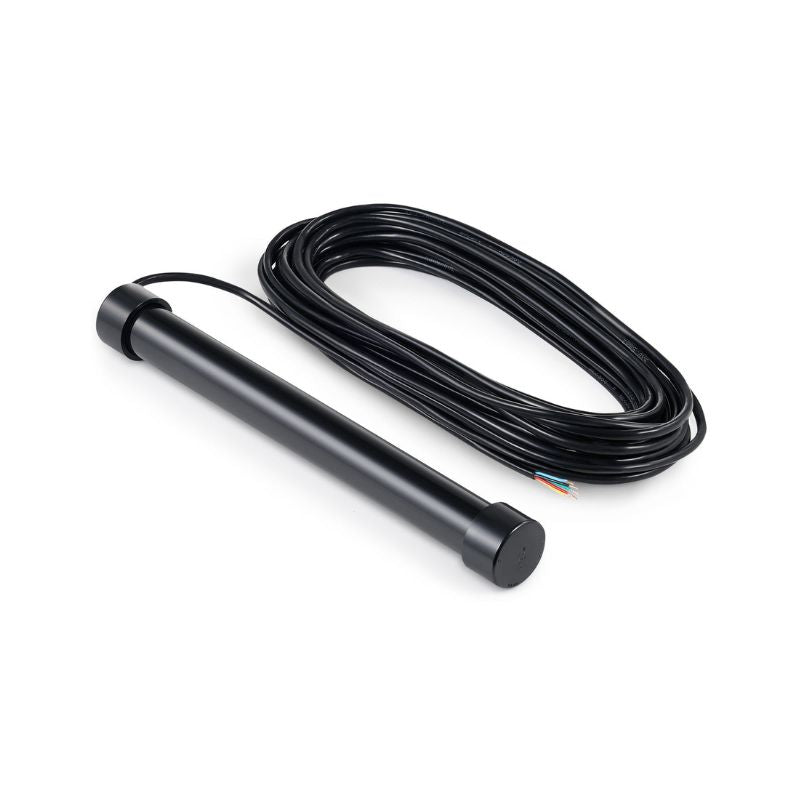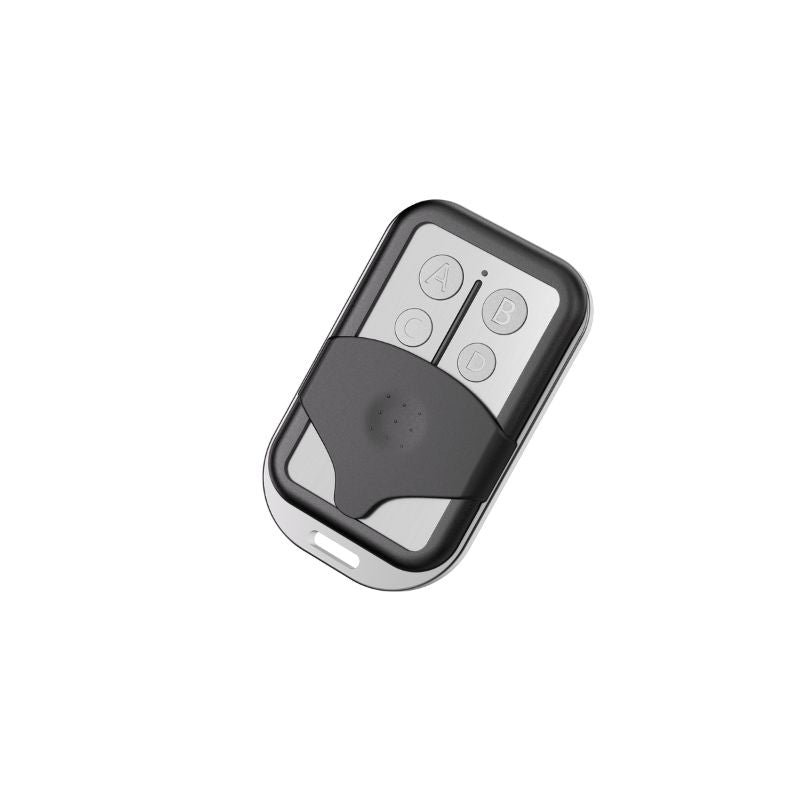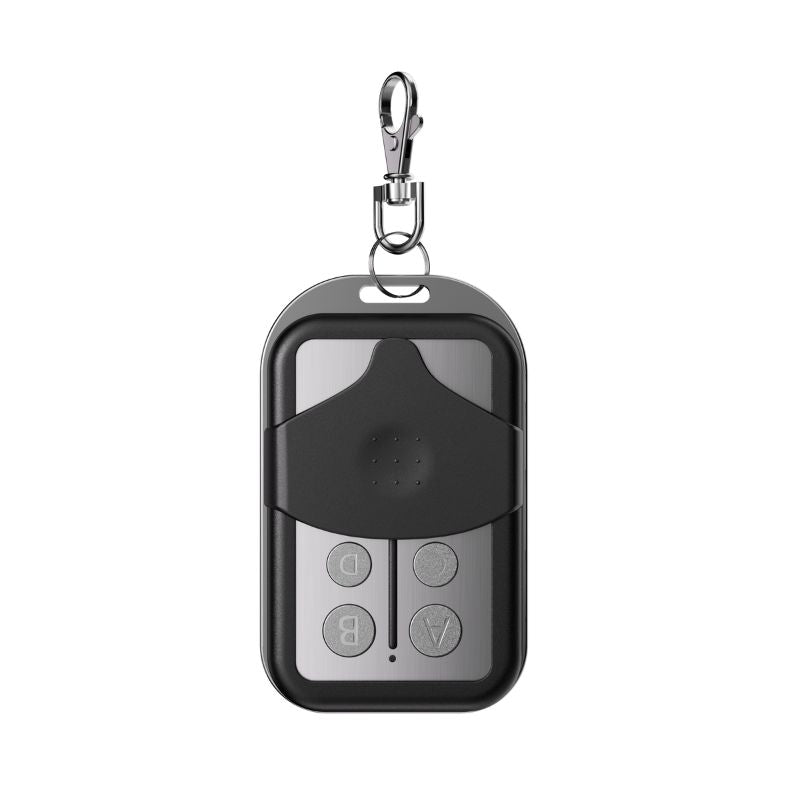As annoying and frustrating as it is, several people complain about gate openers that stop working after heavy rainfall. Many gate opener failures during or after rain are due to water getting into vulnerable components like the motor housing, control board, or sensor connections.
Fortunately, water damage to a gate opener is not permanent in most cases, and there are measures you can take to prevent rainwater from infiltrating your gate opener system.
Let’s break down the most common reasons your electric gate won’t open after rain—and how you can fix them.

1. Water Got into the Electronics
Electric gates have control boxes that house sensitive electronics like circuit boards and relays. If water gets inside, it can short out the system or cause corrosion over time.
What to do:
- Open the control box and inspect it for signs of moisture, rust, or a burnt smell.
- If wet, turn off the power and let everything dry completely.
Prevention Tips:
For Zumi Gate Openers, it is recommended to mount the control box a minimum of 3 feet above the ground to keep dirt and water from damaging the control board and within 4 feet of the actuator arms in order for the operator cable to reach the control box.
Use waterproof seals, a weatherproof enclosure, or apply dielectric grease to connections for added protection going forward.

2. Wet or Misaligned Sensors
Most modern gates have safety photocells (the little “eyes” on either side of the gate) that stop the gate if something blocks their line of sight. Rain can fog up or splash these sensors, tricking the system into thinking there’s an obstacle.
Prevention Tips
- Wipe the sensor lenses with a dry cloth.
- Check that the sensors are aligned properly—if one got bumped, the gate might refuse to move.
- Inspect for cracks or leaks in the sensor housing that might let water in.
3. Power Issues Caused by Water
Your gate opener needs a steady power supply. Rain can cause problems in outdoor wiring, especially if insulation is damaged or connections are exposed. Here are
- A short circuit caused by water in the wiring.
- A GFCI outlet that tripped due to moisture exposure.
Prevention Tips
- Check your circuit breaker and reset any GFCI outlets connected to the gate.
- If the power is out, inspect for waterlogged connections or call an electrician to check buried lines.

4. Remote or Keypad Malfunction
If you’re using a gate opener remote control, keypad, or RFID tag to open the gate, rain might have damaged or temporarily disabled the input device.
Prevention Tips
- Check the battery in your remote.
- Inspect the keypad for signs of water damage or condensation under the buttons.
- Dry off the device or try using an alternative (e.g., another remote or a manual override).
5. Physical Gate Issues: Swelling or Rust
Rain doesn’t just affect the electronics—your actual gate can suffer too. Wooden gates might swell in heavy moisture and jam. Metal gates or hinges might rust or seize up if not properly lubricated.
Prevention Tips
- Check the gate tracks, rollers, and hinges for resistance.
- Apply a silicone-based lubricant to moving parts.
- If wood is the issue, consider sealing the gate with a weather-resistant finish.
6. Dead Backup Battery
Some gates rely on a battery backup in case of power failure. If that battery is old or has been exposed to water, it won’t help during an outage (which can happen during a storm).
- Locate the backup battery (usually in the control box).
- Test the voltage or simply replace the battery if it’s more than a couple of years old or visibly damaged.

Some Gate Openers Perform Better in the Rain
If you’ve got a Zumi gate opener or any unit with an IP55 rating, you’re already ahead of the game when it comes to weather resistance. A gate opener with an IP55 rating is built to resist water intrusions, making it:
- More reliable during storms
- Less prone to electrical shorts or corrosion
- Easier to maintain over time
What IP55 Actually Means:
- The first "5" means it’s protected against most dust and dirt (not 100% sealed, but good enough to prevent damage).
- The second "5" means it’s protected against low-pressure water jets from all directions, which includes heavy rain, splashes, and hose spray.
That means fewer rainy-day surprises and less time standing outside trying to troubleshoot in a downpour.
Pro tip: Even with an IP55 rating, good installation practices still matter. Make sure wiring is sealed, control boxes are elevated off the ground, and no water can pool around components.
Final Thoughts
If your electric gate won't open after rain, don't panic—it’s often something minor. With a bit of investigation, you can likely solve the problem yourself. But choosing a high-quality, weather-resistant opener like Zumi with an IP55 rating gives you peace of mind and fewer headaches.
Explore more automatic gate opener maintenance tips, and how you can benefit from the Federal Solar Tax Credit with your solar gate opener.



